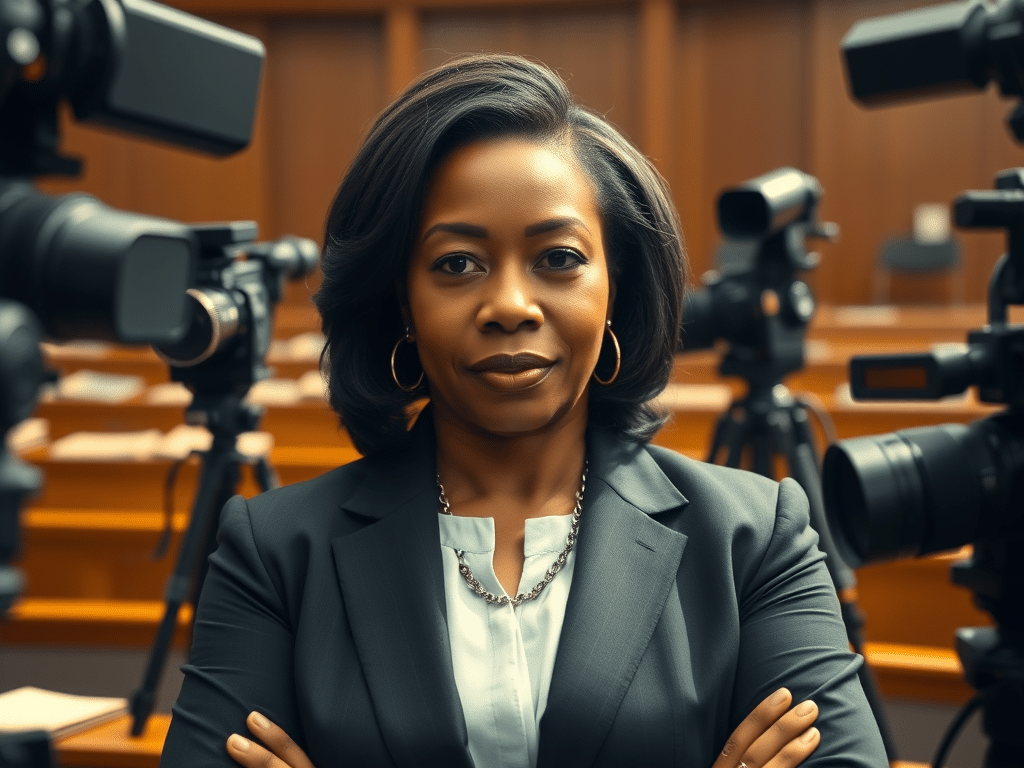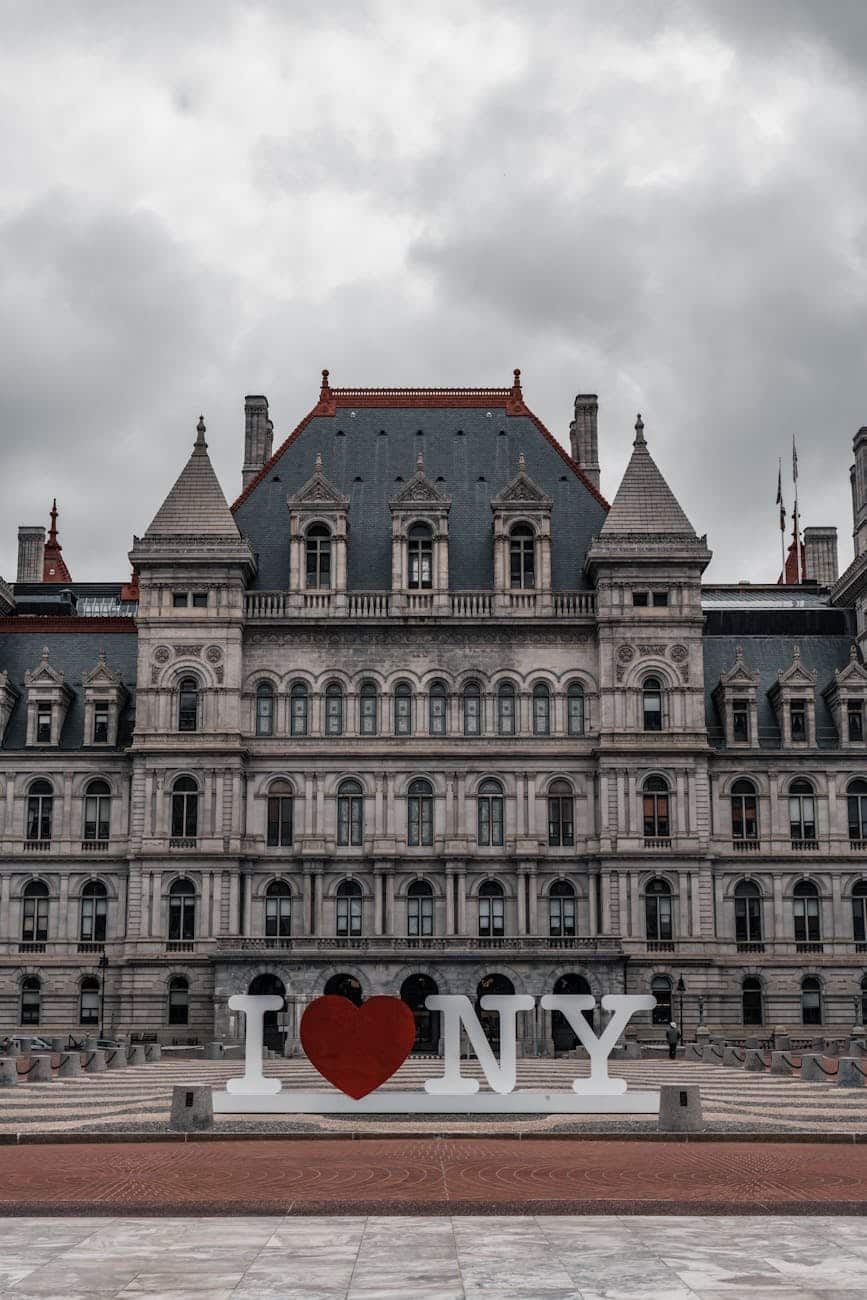In an era of high-profile cases and increasing demands for transparency, the movement to allow camera access inside America’s federal courts is gaining momentum. Currently, the federal court system prohibits the use of video cameras during proceedings, denying the public the opportunity to witness important criminal and civil trials. However, a bipartisan group of senators is optimistic about passing legislation that would grant judges the discretion to allow cameras in the courtroom, and this development has sparked hope for greater transparency and accountability in the justice system.
The Sunshine in the Courtroom Act of 2023, sponsored by Senators Charles Grassley and Richard Blumenthal, seeks to dismantle the camera prohibition by empowering federal judges to permit camera access while safeguarding the identities of witnesses and jurors when necessary. The legislation has garnered support due to the overwhelming public desire for more visibility in the courtroom. The recent shift towards live-streaming audio of oral arguments by the Supreme Court during the pandemic has further bolstered support for allowing cameras in federal courts.
Recent pilot programs in some federal courts, which have experimented with limited camera and audio access, have highlighted the potential benefits of loosening restrictions. However, without broader camera access, the public’s access to trials and proceedings remains severely limited.
The Importance of Camera Access:
The public deserves the opportunity to see what unfolds in courtrooms, especially in cases of significant public interest. Allowing cameras in New York courts would enhance transparency, promote accountability, and bridge the gap between the justice system and the public it serves. By recording proceedings, cameras can create an accurate record of trials, ensuring that judges and lawyers act professionally and ethically. Moreover, camera access would grant the public a firsthand look into how justice is served, fostering trust and confidence in the judicial process.
Addressing Concerns and Ensuring Privacy: While some have expressed concerns about the impact of cameras on witnesses and the potential compromise of sensitive information, these issues can be effectively addressed. The Sunshine in the Courtroom Act emphasizes the discretion of judges, enabling them to protect the identities of witnesses and jurors when necessary. Confidential or sensitive information can be shielded from camera view, and judges can make formal records or reports when prohibiting camera usage. With careful implementation and respect for privacy concerns, camera access can strike a balance between transparency and safeguarding the rights of those involved in legal proceedings.
Moving Forward:
While the push for camera access in New York courts faces challenges, including securing time for debate and proceedings in the Senate, the growing optimism among co-sponsors signifies the urgency of this issue. The public’s right to access justice should not be limited by the lack of camera coverage, especially when technology provides viable solutions. The time has come to embrace cameras in New York courts, bringing the state in line with the nationwide movement towards increased transparency and accountability.
Conclusion:
Cameras in courtrooms offer a transformative opportunity to advance transparency, accountability, and public trust in the justice system. With the bipartisan support for the Sunshine in the Courtroom Act and the growing recognition of the need for camera access, it is imperative that New York joins the momentum towards change. By allowing cameras in courtrooms, New York can ensure that its citizens have the ability to witness justice being served and hold judges and lawyers accountable. Let us advocate for cameras in New York courts and pave the way for a more transparent and equitable judicial system.
Learn About NYCourtCameras.com
Show Support for Cameras in NY Courts by becoming a follower on Facebook.



